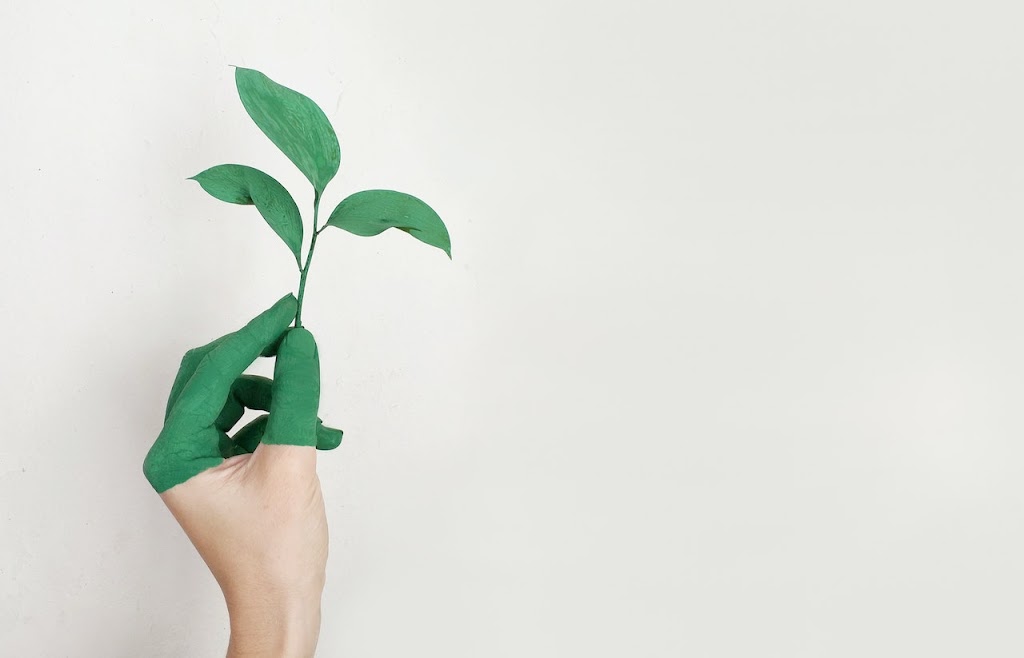
There has been a increase in the popularity of the “analog lifestyle” in recent years as people seek shelter from the overwhelming presence of digital technology. Finding fulfillment in life’s uncomplicated pleasures is the purpose of the analog lifestyle, which emphasises a return to analog technologies. Living a more analog life has been shown to have therapeutic benefits, including decreased stress and anxiety.
People can unwind and reignite their passions by putting down their phones and computers in favour of traditional pastimes like reading or walking. Fans of the digital-free lifestyle also contend that relying on analog methods can positively affect one’s ability to think creatively, get things done, and retain information.
There’s also the potential for a more eco-friendly and long-term existence in an analog lifestyle. People can use fewer resources (such as electricity) when they switch from digital to analog tools. Using a manual typewriter or pen and paper instead of a computer is one way to save energy and reduce pollution. Living an analog life frequently evokes nostalgia and a desire to return to earlier, simpler times. Old technologies, such as typewriters and record players, can bring back fond memories for many people. Some people live an analogous lifestyle to preserve their heritage and customs.
In general, the analog way of life emphasises uncomplicated living, self-awareness, and nostalgia. A more sustainable and satisfying life can be achieved by embracing non-digital tools and relieving stress through meditation and creative pursuits.


